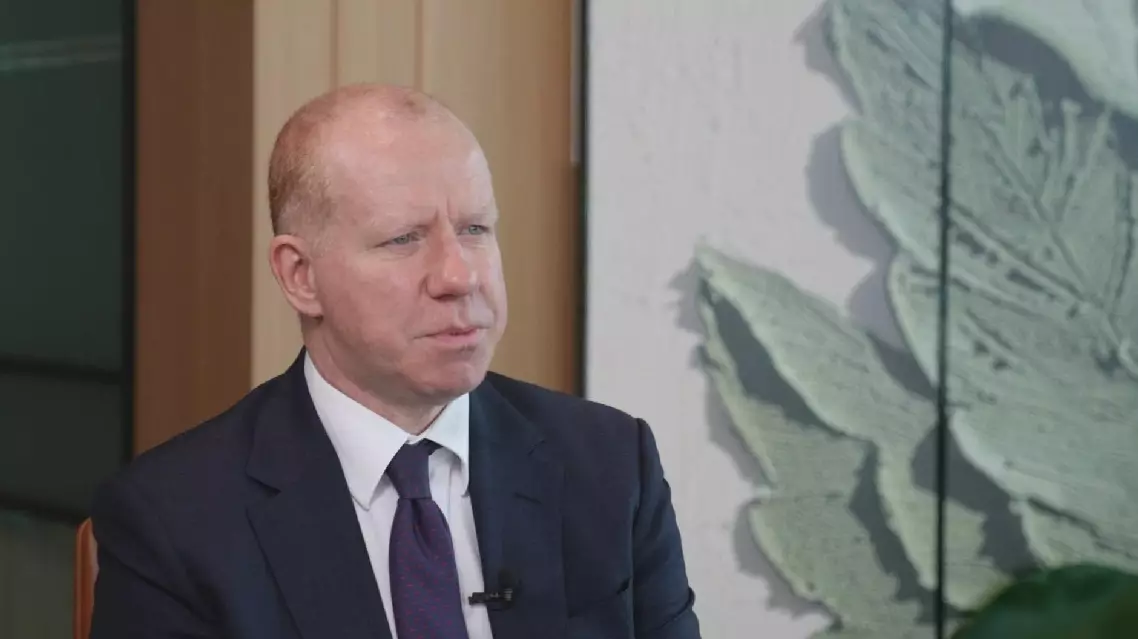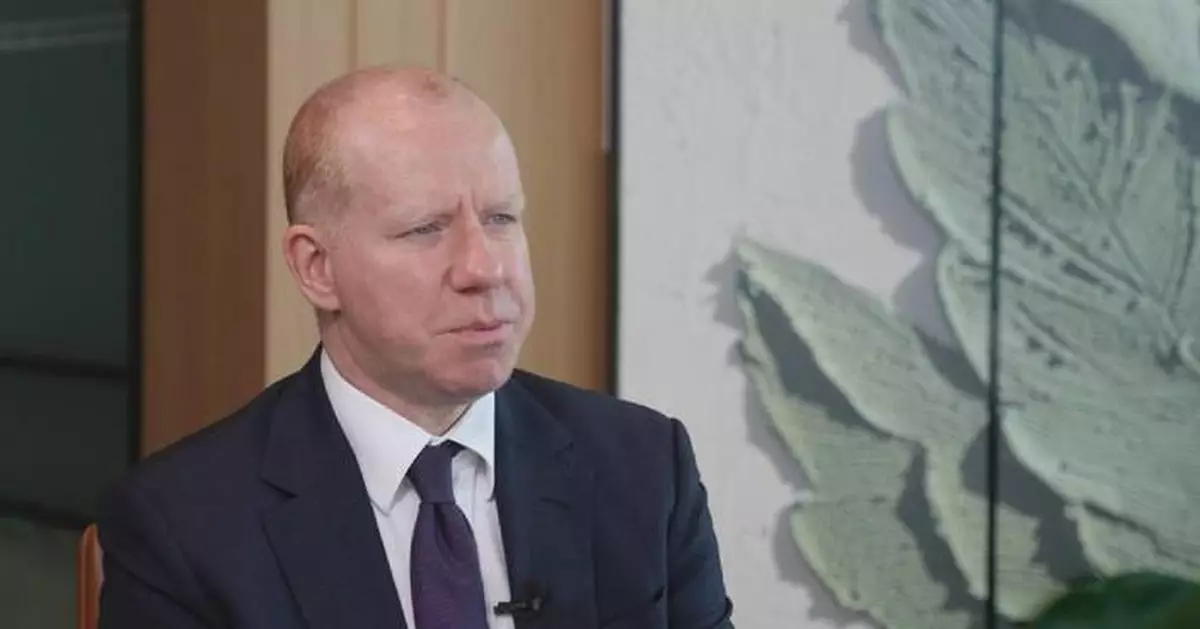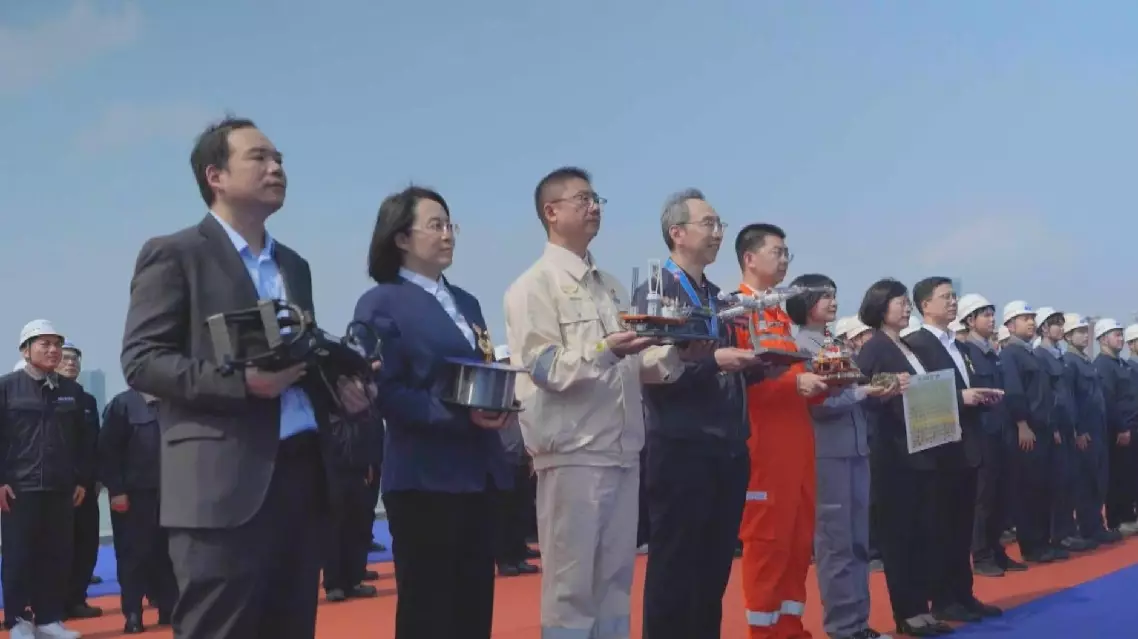President Donald Trump's capricious tariffs have put the U.S. economy on a path toward weaker growth, higher unemployment and faster inflation, and cast shadow over market expectations and business sentiment, said Steve Brice, chief investment officer of Standard Chartered.
The Trump administration's tariff policy runs counter to the Federal Reserve's dual mandate of full employment and low inflation, putting the central bank in uncharted waters, Brice said during an interview with China Global Television Network (CGTN), sharing his insights on how the tariffs could affect global economic growth and investment decisions.
"So that (increasing tariffs) will hit GDP growth, so the current tariffs, the 10 percent tariffs probably take about half to one percent off GDP in the U.S. If they were to increase tariffs even more than obviously that (would have) greater impact and that would increase the risks of a recession. And that's what people are starting to price in just due to business uncertainty. We know that increasing tariffs is a tax on consumers as well. So, this is all sort of feeding into the weaker U.S. economic growth narrative. And on the other hand, we have the fact that they're inflationary. So we had obviously Fed Chairman (Jerome) Powell talking overnight and just sort of flagging that it's putting them in a very difficult situation, which is very clear right so they've got slower growth and rising inflation. That's the opposite direction of what their mandate is -- it's for full employment and low inflation," he said.
The Standard Chartered CIO believes the lingering uncertainty has eroded business confidence and thwarted the international banking group's holding of U.S. equity portfolio.
"I think the challenge that the U.S. has now is that the level of uncertainty is so high. So, historically, you'd say, okay, we know that the rule of law is there. We know that what the fiscal policy is going to be like. We know what tariffs are going to be in the future. There was a conversation, so that's how we knew what was going to happen. We have a neutral allocation to U.S. equities within our global equity allocation that has been overweight for, actually, the vast majority of about 10 years, we've been overweight the U.S., so this is a significant change. So we've moved to a neutral allocation because we feel that, look, there's still huge strength in the U.S. economy, and obviously the tech sector is still very strong, but we just have less visibility about what the outlook is going to be," he said.
So far, Trump has imposed 25 percent tariffs on aluminum and steel; 25 percent tariffs on goods from Mexico and Canada that don't comply with a free-trade agreement; a massive 145 percent duty on Chinese imports; a 25 percent tariff on cars, with separate tariffs on auto parts coming at a later date; and a 10 percent baseline tariff on all U.S. imports.

Standard Chartered CIO on negative impacts from US tariffs



















































